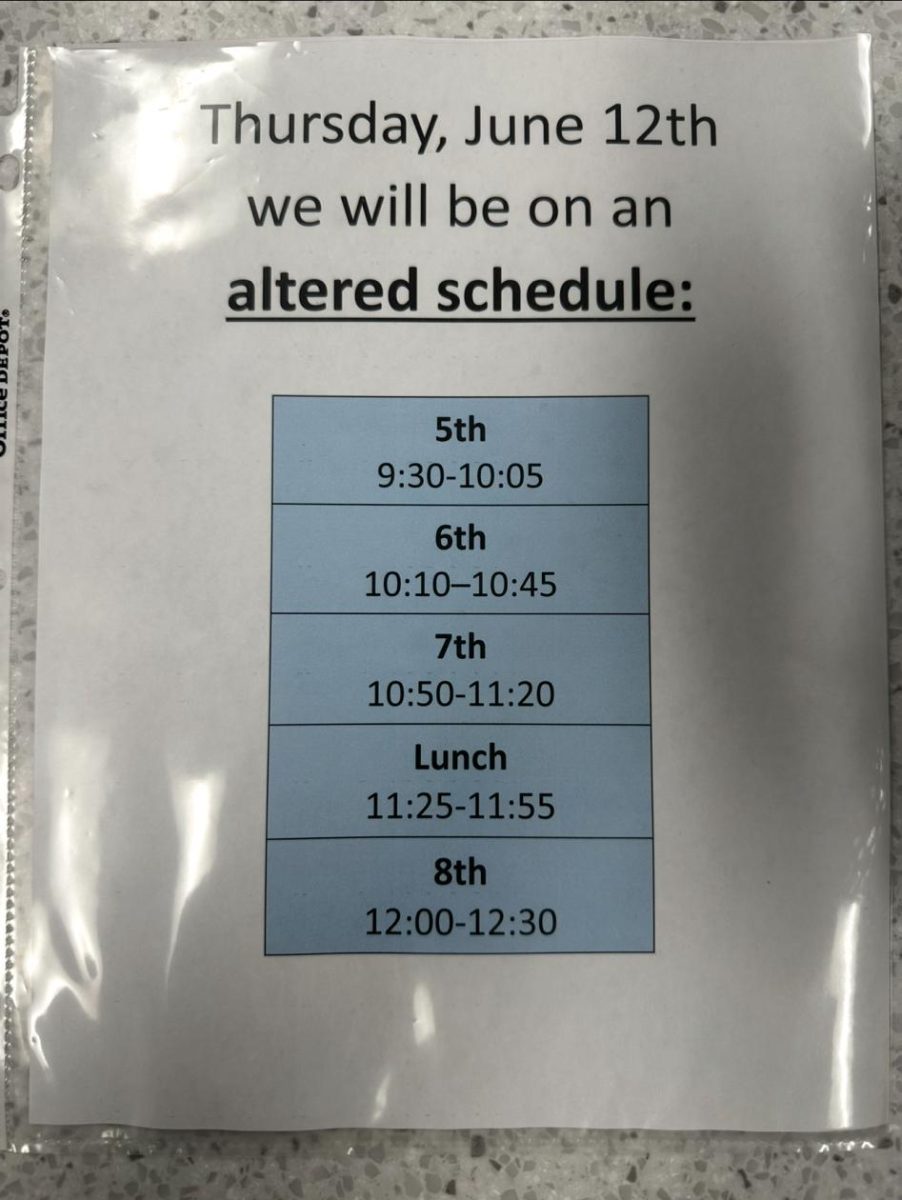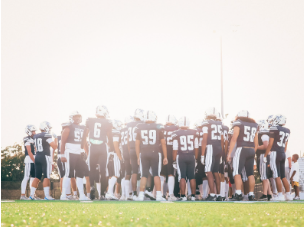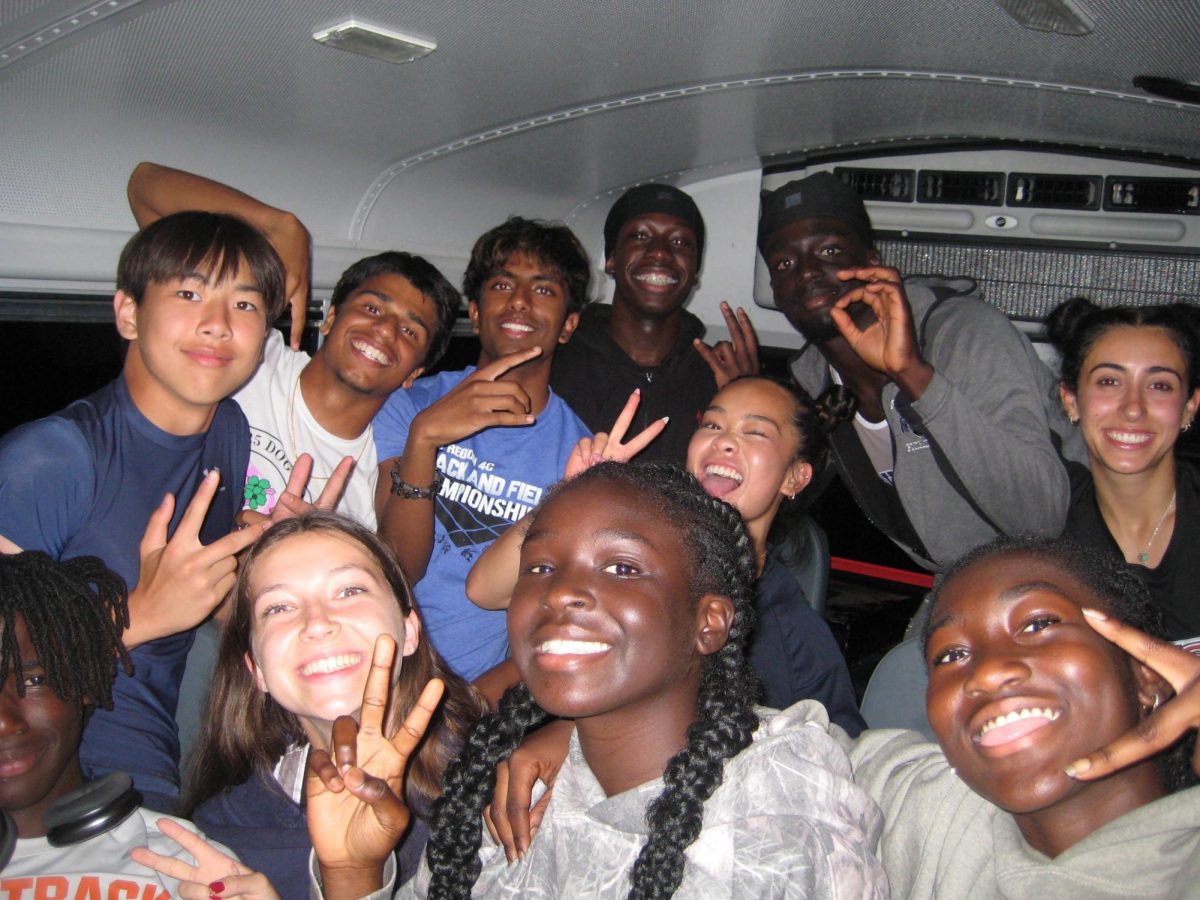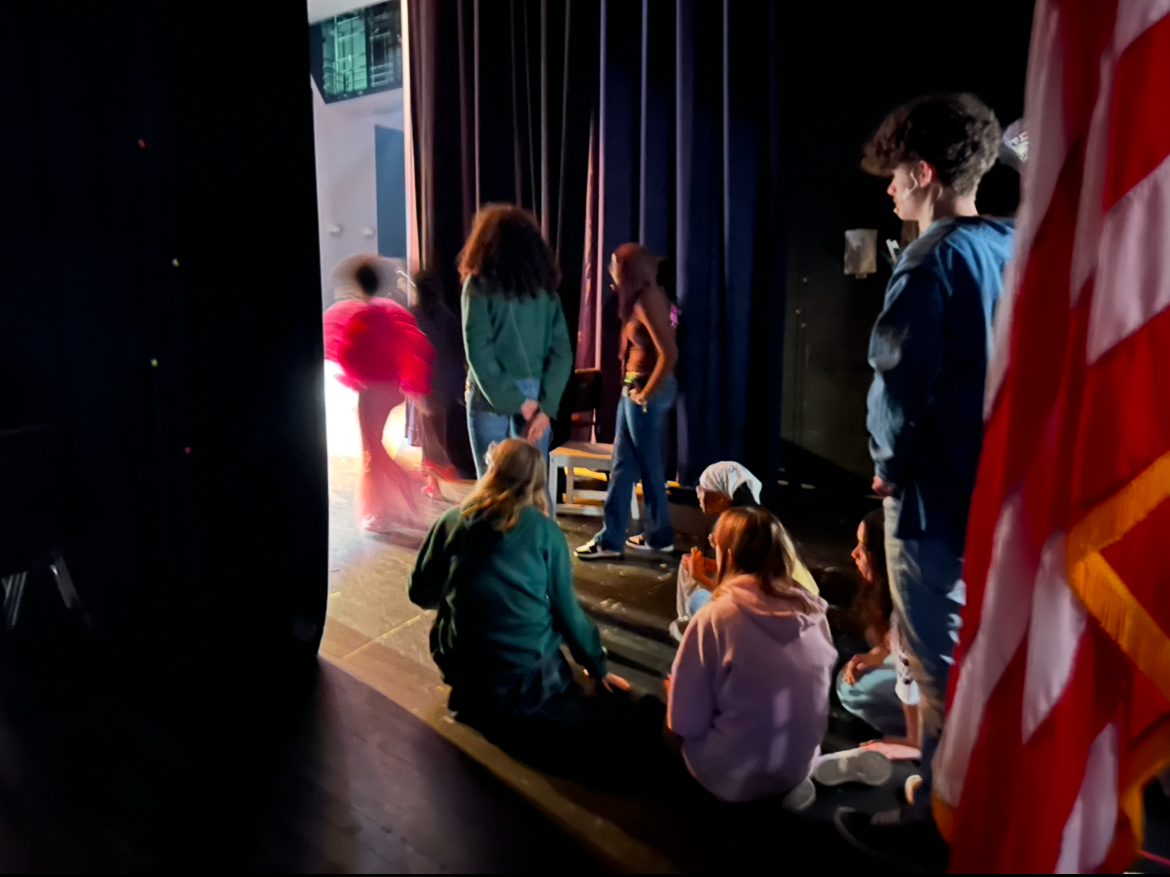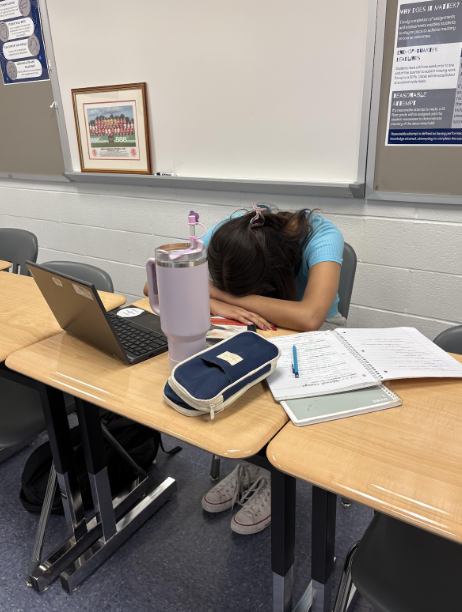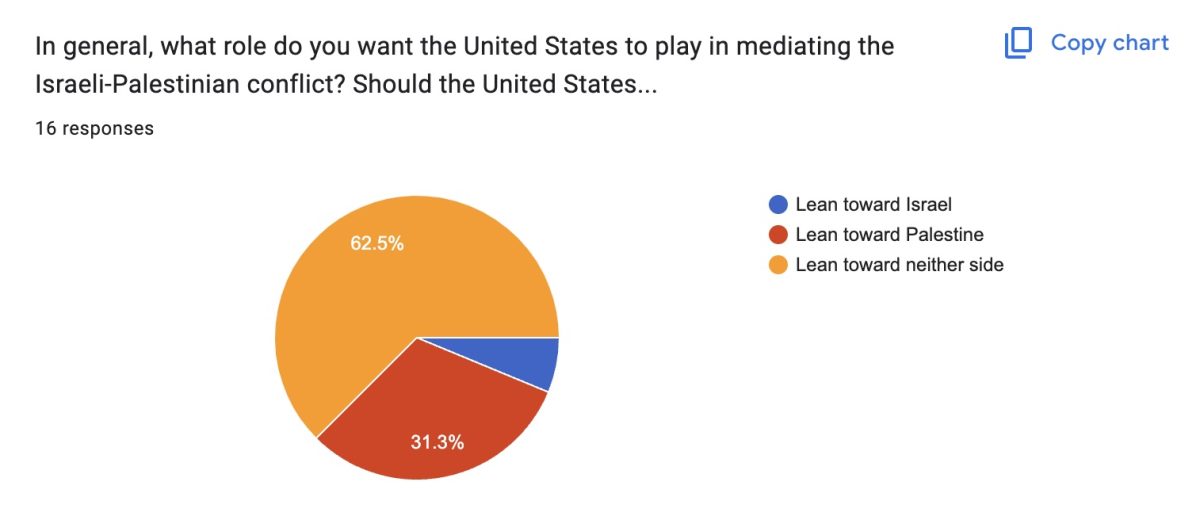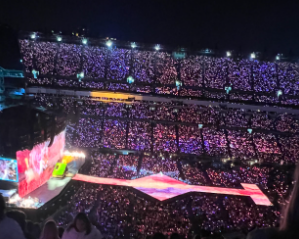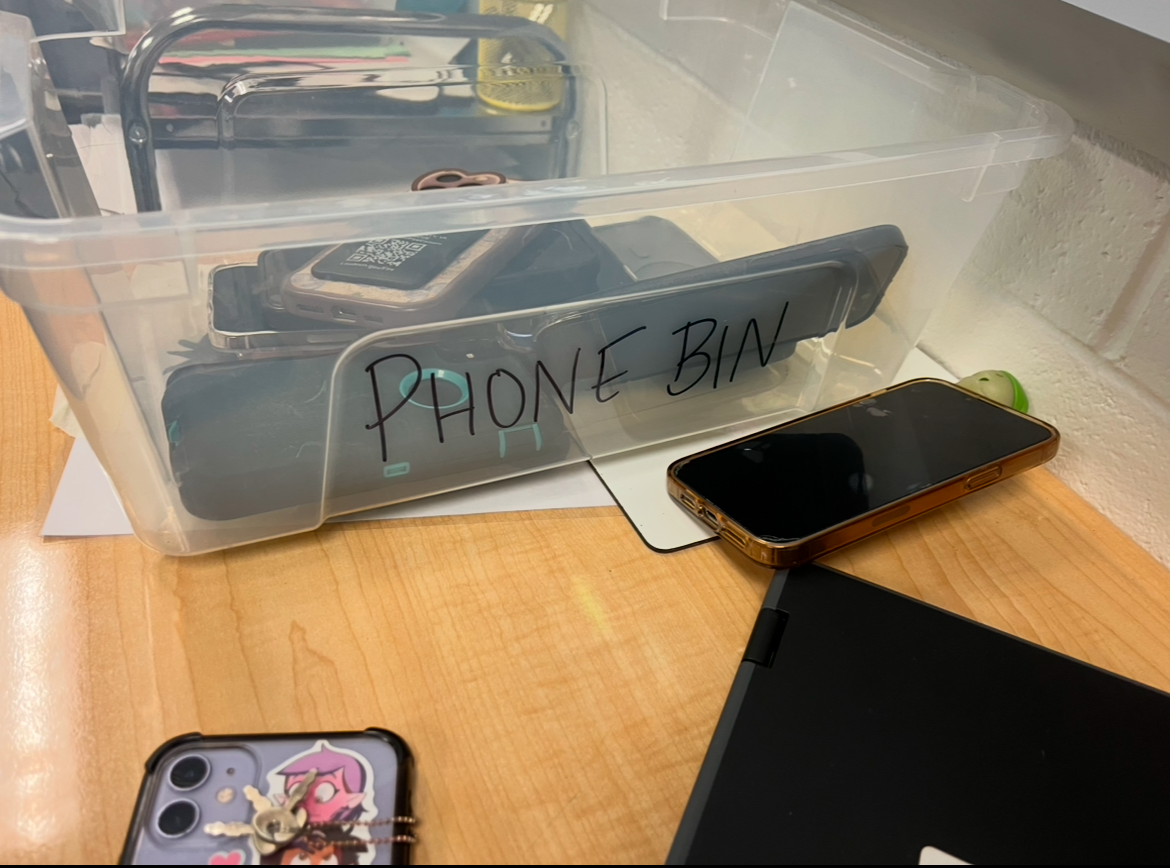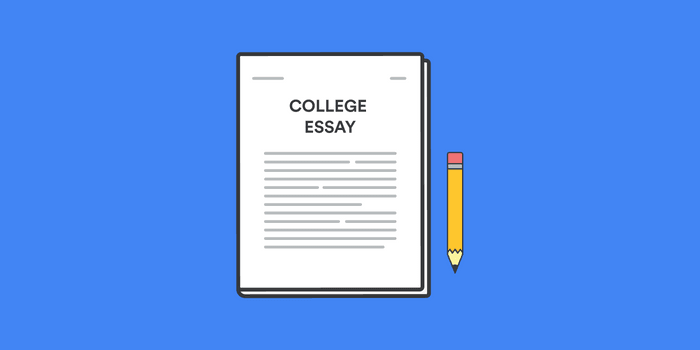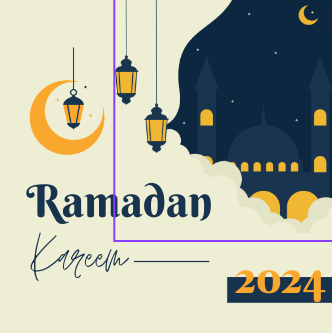
The annual Muslim practice, Ramadan, consists of a daily fast from dusk until dawn for 30 days. This year, the tradition started on March 10, and is nearing its end, April 9. However, the start date moves to be earlier by 10-12 days each year. The yearly practice derives from the Quran, where it is said that the “Night of Power” occurred during Ramadan, which is now a tradition to commemorate that revelation (National Geographic). The following day when Ramadan ends, another tradition is celebrated called Eid al-Fitr. This practice includes the breaking of the fast as a whole, and usually consists of prayers, eating cultural dishes, giving respect to passed on relatives, and gift-giving. Many Muslim students at Champe participate in this sacred month, and their experiences with going to public school in the U.S. during Ramadan are very insightful.
“My experience with fasting for Ramadan during school has been somewhat okay. The one thing I have noticed is that many of my non-muslim friends are not educated about Ramadan, and I’m glad to educate them, but I think that every culture should be learned about to some extent. In previous schools that I’ve attended with less Muslim students, they didn’t really consider the needs of those fasting, so I would have to sit in the cafeteria, surrounded by food, which isn’t favorable when you’re fasting,” sophomore Mahsaa Esmati said. “I really like the community at Champe because cultures are embraced rather than neglected, like being able to go to the auditorium during lunch-time, or having a safe space to pray. I feel more included in the Champe community, and I’m grateful that different cultures are thought about within our school.”

